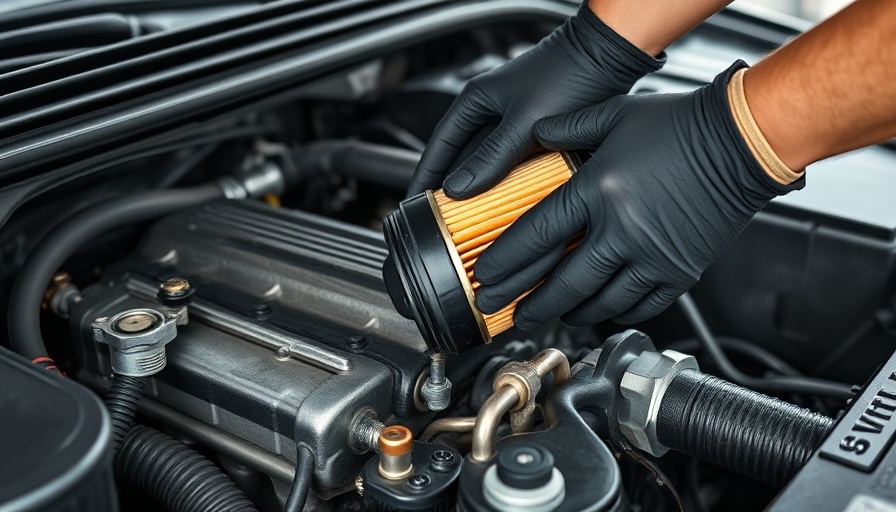
Understanding the Essential Role of Car Filters
Every car contains numerous fluid systems that keep it running smoothly. However, these systems can quickly become compromised by dirt, debris, and contaminants that accumulate over time. Car filters act as a crucial line of defense, ensuring that air and fluids maintain their purity. In this article, we’ll explore the significance of three key filters—air, oil, and fuel filters—helping you understand their roles and maintenance needs.
Why Air Filters Are Your Engine’s Best Friend
Your car’s air filter plays a vital role in protecting the engine from debris such as dust, dirt, and road chemicals. These unwanted substances can lead to increased wear and tear, reduced performance, and even potential engine failure. Signs that your air filter might be clogged include dirty exhaust smoke, increased emissions, and diminished power during acceleration. It’s generally recommended to replace your air filter every 12,000-15,000 miles to ensure optimal engine health.
The Functional Necessity of Oil Filters
An equally important component is the oil filter, which removes contaminants—like dirt and metal fragments—from the oil that circulates throughout your engine. Over time, oil filters can become saturated, which can restrict oil flow and lead to significant engine damage. To maintain your vehicle’s performance, change your oil filter at least every 7,500 miles, particularly when you are also changing the engine oil.
Fuel Filters: Unsung Heroes of Engine Performance
Fuel filters are critical in ensuring the purity of fuel before it enters your engine. They trap rust, sediment, and other harmful particles. However, as they age and collect more dirt, their efficiency decreases, which can lead to engine misfires and stalling. Ideally, replace your fuel filter every 20,000 to 30,000 miles to prevent these issues and maintain engine longevity.
Practical Tips for Car Maintenance
Regular maintenance of car filters is a straightforward yet impactful way to promote your vehicle’s longevity. Scheduling routine check-ups can help you remain informed about the condition of your filters and other key components. A proactive approach not only protects your engine but can also save you money in the long run by preventing costly repairs.
Making Informed Choices About Your Car
Understanding the role of your vehicle's filters empowers you as an automobile owner. By being aware of their functions and the signs of wear, you can make informed decisions that keep your car running smoothly. Don’t wait for a major issue to arise; stay ahead of car maintenance by checking your filters regularly.
 Add Row
Add Row  Add
Add 




Write A Comment